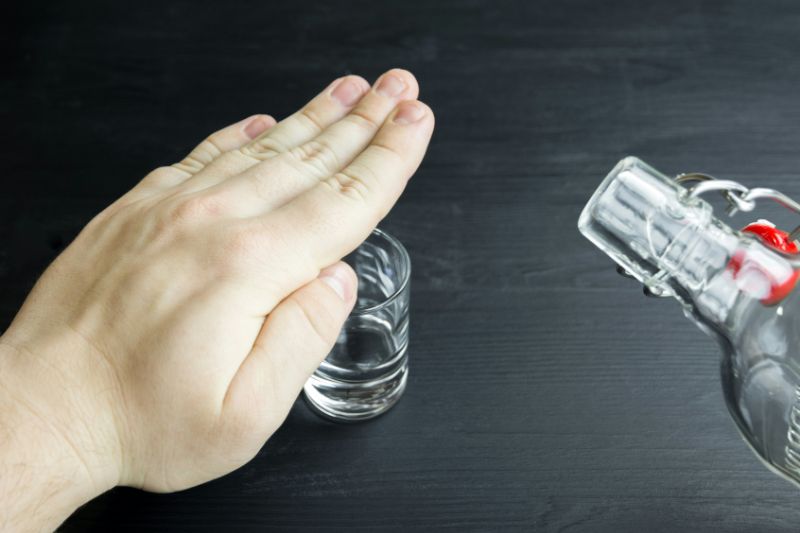No products in the cart.
The Tragedy of Using Alcohol as a Coping Mechanism

Alcohol is widely viewed as a substance that can be taken to help you relax after a busy day and make you feel better when you are feeling that things haven’t gone well. The problem with this easy-going social attitude towards alcohol is that it blurs the lines between enjoying a drink and falling into dependency when you use drink as a coping mechanism.
Help with alcohol addiction is always available when you need it. Checking into an outpatient rehab in Orange County, for instance, is a good way to start your recovery journey. In the meantime, let’s look at what is so treacherous and tragic about turning to alcohol as a coping mechanism for underlying health or mental health problems.
When is alcohol used to provide temporary relief?
There are numerous circumstances where you might make the decision to turn to alcohol to try and improve your mental health. Sadly, using alcohol in this way is a decision that can result in long-term negative consequences when it comes to your overall health.
Typical scenarios and life events where alcohol might be used as a perceived benefit to dull your negative emotions including challenging life events such as relationship problems or the death of a loved one.
Alcohol can also be perceived as a panacea for boredom, for instance. The problems with all of these so-called reasons for turning to alcohol is that they increase the prospect of your drinking habits turning into dependency.
What is alcohol doing to you?
One of the primary functions of alcohol is to inhibit your central nervous system by slowing it down. This makes you feel more relaxed, which is why alcohol is viewed positively by drinkers who want to dull their senses and feel better.
The underlying issue with using alcohol in this way is that you are avoiding the challenges and issues that are driving you to drink. This avoidance behavior raises the prospect of succumbing to problematic drinking habits at some point.
What is the typical profile of a problem drinker?
The bottom line is that there is not a typical profile when it comes to pinpointing a specific demographic that is more susceptible to drink problems. People from every social and economic background are all at risk, in general.
It stands to reason that someone trying to cope with PTSD, for instance, is potentially more likely to have a greater vulnerability for developing alcohol dependence, but anyone who lacks healthy coping mechanisms is at risk from developing a problematic relationship with alcohol.
What are the specific dangers of using alcohol as a coping mechanism?
The more you drink and it becomes a part of your life that is no longer under control, your alcohol tolerance levels increase accordingly.
This vicious cycle means that you end up drinking more and more alcohol to achieve the same numbing effect. This dependence on alcohol can quickly spiral out of control and cause damage to your health, relationships, and create the real prospect of developing an addiction.
The key message to take on board is that when you fail to develop healthy coping skills and use alcohol instead, you are at risk of developing addiction problems. This scenario vividly demonstrates the tragedy of using alcohol as a coping mechanism.
If you think you have a problematic relationship with alcohol it is always advisable to seek professional help as quickly as possible.











Leave a Reply